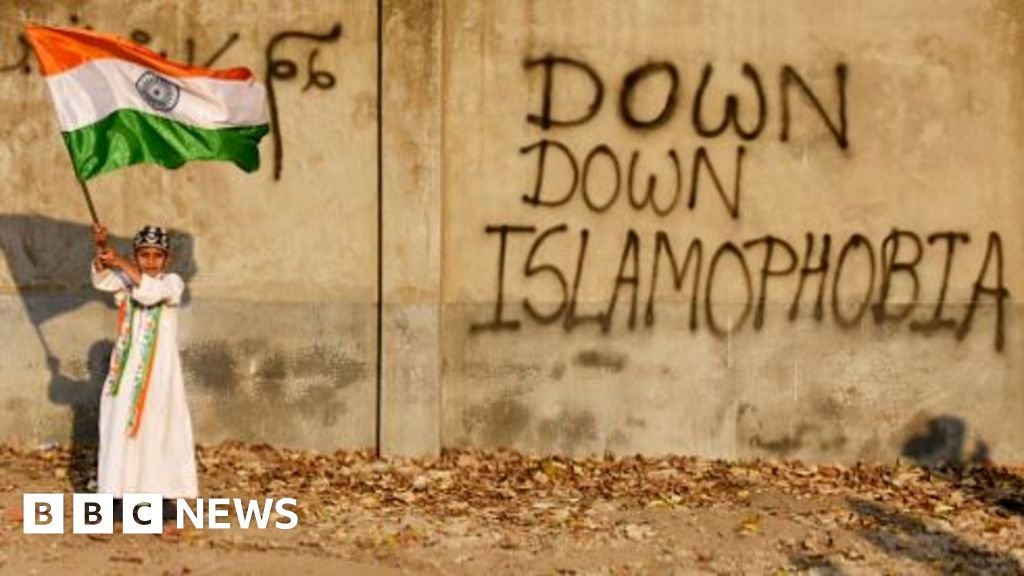The protests paid off. Dr Bajaj told the BBC on Friday that a resolution had been reached, mediated by the city’s elected representative, and the new Muslim owners would resell the house to a Hindu family already living in a housing association.
Dr. Bajaj, who runs an eye hospital in the town and has lived in the community for more than six years, said he sold the house to a Muslim couple, who are both doctors, and that their families have known each other for 40 years. According to him, the Muslim couple is no longer comfortable moving into the house.
He added that the furor over the sale was “unnecessary” and that he did not expect it to become national news.
The protest began after he introduced a Muslim couple to his neighbors as a goodwill gesture.
The reaction to the sale of the house, he said, “came out of nowhere” as other Muslim families already live in the colony and that “we have always had good relations with our neighbours”.
“The dispute is changing the structure of the city. It was not our intention to create unrest with this deal,” he said, adding that “there is no law” that prohibits the deal.
The colony also did not have a residents’ association to approve the sale, he said. “Now they are awake to do it.”
This is not the first time that Muslim residents have faced backlash in Moradabad for buying houses in the Hindu-majority area. In 2021, residents and hardline Hindu organizations protested after two Muslim families bought houses from Hindus.
Seclusion has existed in rural India for a long time, with different castes and religions living separately. Urban centers were supposed to be melting pots where people could live together regardless of their differences. However, in reality, many urban areas continue to experience segregation.

